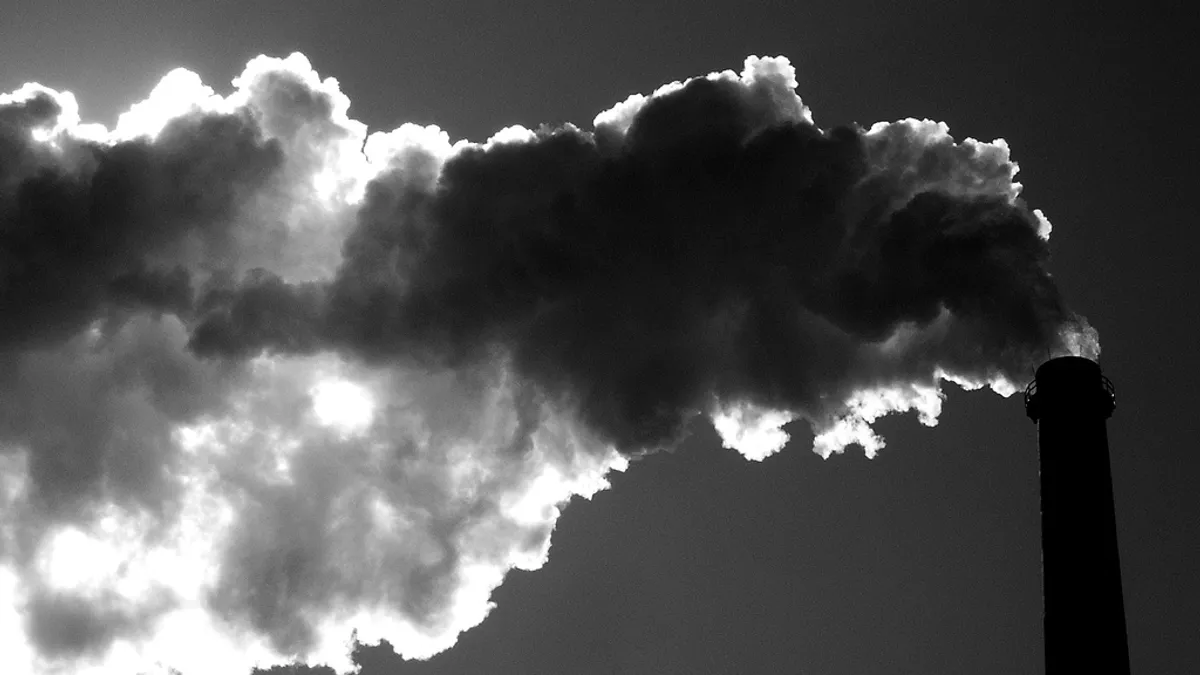Dive Brief:
- The electric power industry's shift away from coal is unlikely to be affected by the Supreme Court's decision to stay the Clean Power Plan, according to the the trade group representing U.S. investor-owned electric companies.
- Edison Electric Institute (EEI) President Tom Kuhn said in a Wall Street briefing this week that utilities will spend more than $300 billion over the next three years to enhance the grid and to make the generation fleet even cleaner.
- RTO Insider reports EEI is expecting the D.C. Circuit Court of Appeals to rule on the case by fall, with a decision from the Supreme Court out by the end of next year. Others, however, say it could be much longer, with a ruling possibly coming in 2019.
Dive Insight:
The U.S. Supreme Court's decision this week to delay implementation of the Obama administration's Clean Power Plan was a win for state's opposed to the carbon reduction law but won't do much for the actual polluting sources, according to EEI.
EEI issued a statement this week noting "so far, electric utilities have cut carbon dioxide emissions 15-percent below 2005 levels."
"Across the country, we know customers believe that the way energy is used and produced is changing," Kuhn said. "They are excited about innovation and are paying attention to what is coming next. Most important, they expect our industry to be at the center of change and to deliver the future they want, in ways that do not jeopardize reliability and affordability.”
The ruling "doesn’t really change anything. ...There’s a lot of drivers. A lot of what we’re seeing now in the domestic utility fleet is occurring anyway," said Quinlan Shea III, vice president for the enviornment at EEI, according to RTO Insider.
Evidence of coal's decline is already on display in the U.S. power mix. According to the U.S. Energy Information Adminsitration, gas exceeded coal generation in at least six months of 2015. And, EIA said coal production last year was estimated to decline by 92 MMst, with the production declines occurring in all regions (led by the Appalachian region, with a 12% production decline).
"Electric utilities are investing in clean energy and pursuing energy efficiency,” Kuhn said. “They are partnering with technology companies and start-ups to bring innovation to the forefront and to make the grid smarter and stronger. We are laser-focused on customers and the benefits they will derive from the changes underway."
States are mulling their next steps after the Supreme Court froze CPP implementation earlier this week, with some canceling compliance meetings altogether and others moving forward with their plans.
Even if the rule is ultimately upheld, the Supreme Court's stay on implementation of the rule will likely push back compliance timelines for states by a year or more. As of right now, the EPA will be unable to enforce its September deadline for states to submit compliance plans or request an extension. The EPA will continue to work with states on compliance plans while litigation goes forward, the White House said this week.















